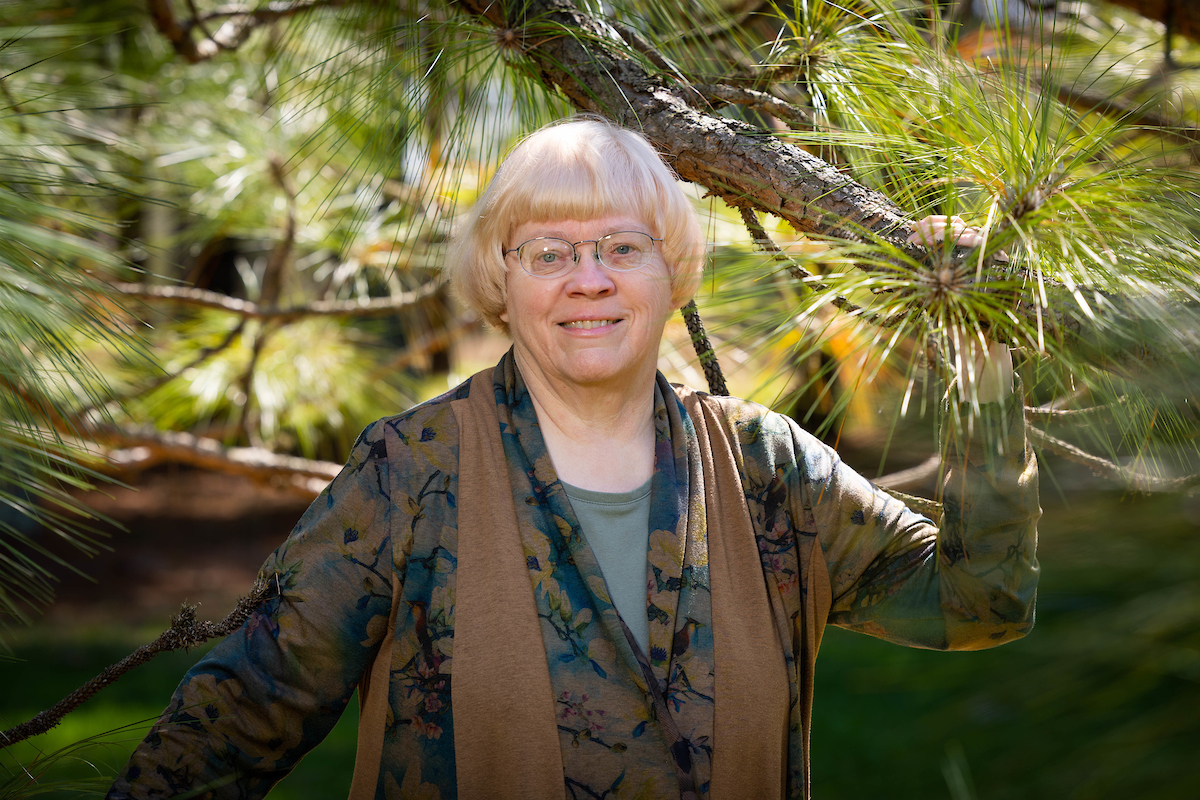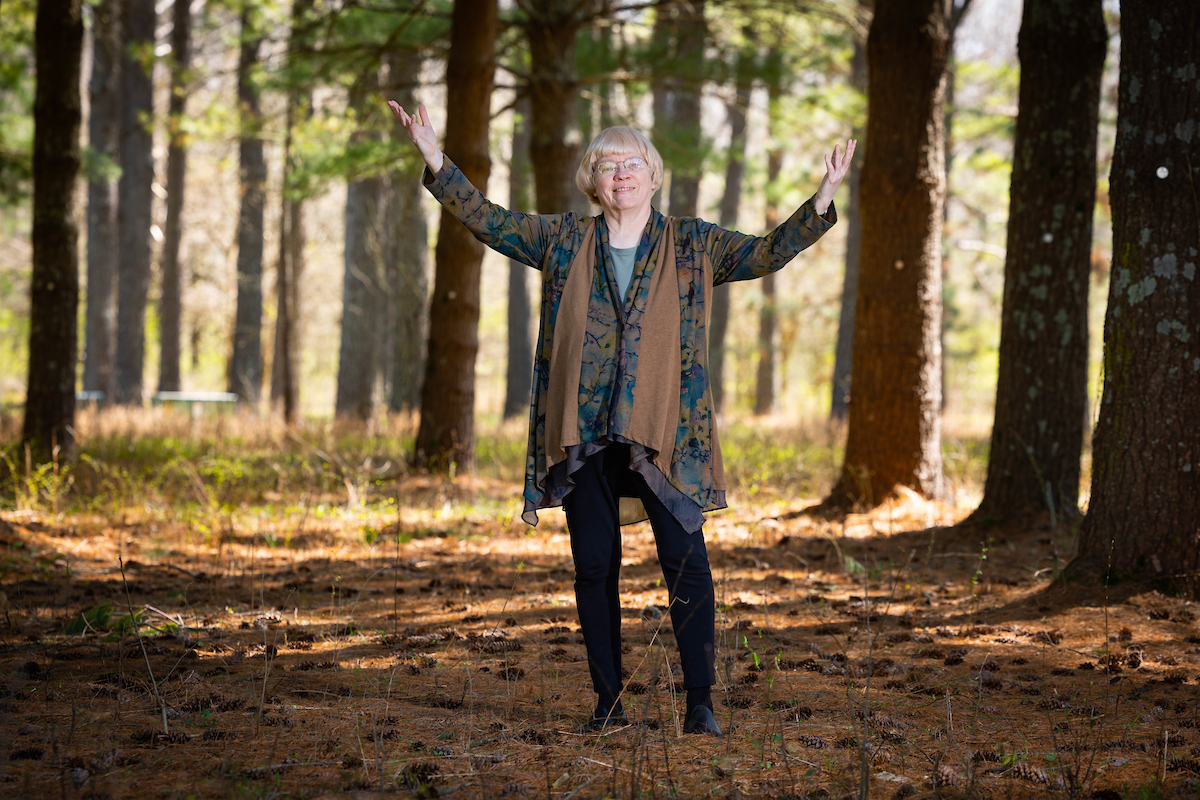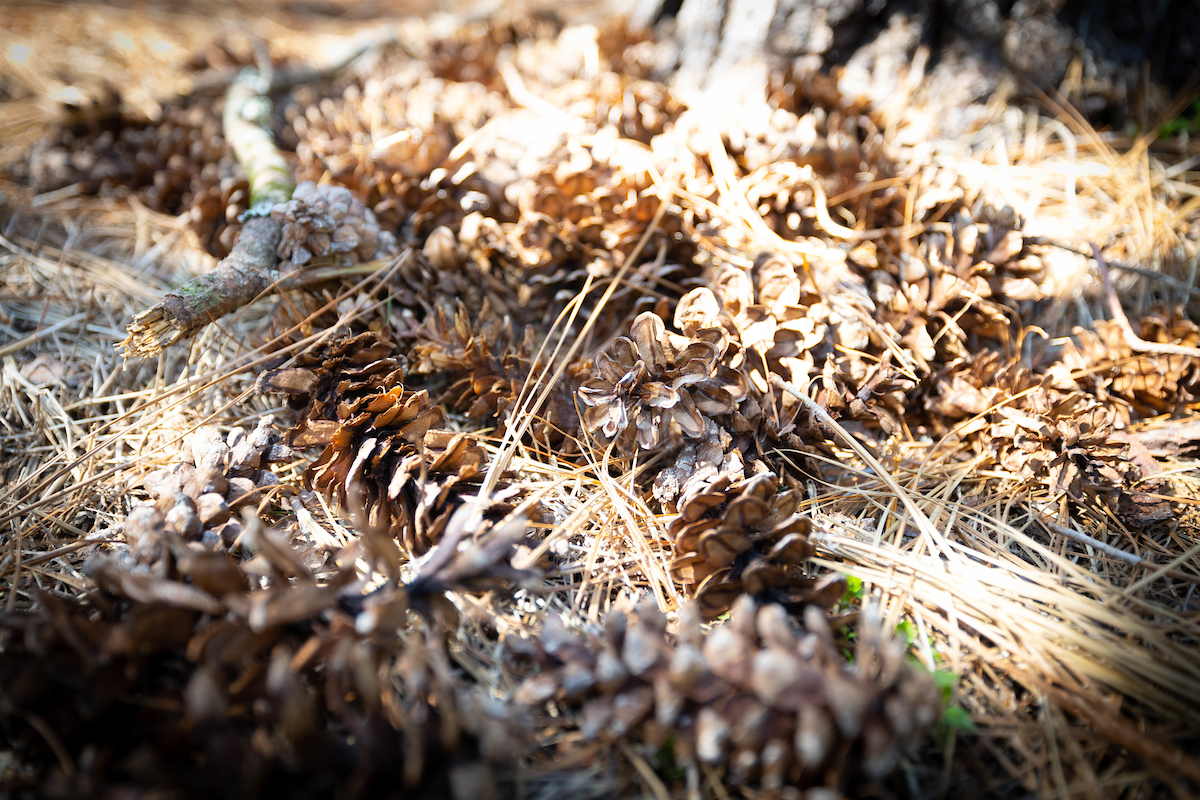
Save one to save them all
There are laws in place to hold businesses accountable. But our interpretation of these laws can have unseen consequences.
In 2017, the Trump administration altered the legal interpretation of the word “take” under the Migratory Bird Treaty Act, creating a legal debate.
Dr. Carol Miller, distinguished professor of business law at Missouri State University, found this new interpretation placed the lives of countless birds at risk.
One word, many interpretations
Miller disagreed with the 45th administration’s decision. So, she started researching.
Under the act, you cannot ‘take’ a bird. This means you cannot poach, capture, sell or purchase migratory birds or their parts. This includes feathers, nests or bodies in the U.S., Miller explained. The law also applies to the accidental killing of birds.
“The Trump administration changed an interpretation that dated back to the 1980s, which included taking a bird unintentionally,” Miller said. “They decided to stop requiring businesses to seek a permit for incidental or unintentional harm they may cause.”
Businesses were more cautious when required to obtain ‘incidental take’ permits for birds they might harm.
“Without an explicit rule, businesses likely won’t make the effort to protect migratory birds,” she said. “It’s not profitable to be cautious.”
Miller’s paper was published as part of her involvement as a member of the Endangered Species subcommittee of the Environment, Energy and Resources section of the American Bar Assocation.
She has more than 50 publications in academic journals and has received over 25 awards recognizing her research. She has received three MSU Foundation Excellence in Research awards, the MSU Public Affairs award and the MSU Foundation Teaching Award.

One animal and the ecosystem it protects
Miller’s current research surrounds the Dusky Gopher frog and a tortoise with a knack for burrowing.
In Mississippi’s long-leaf pine forests, the frog and around 300 more animals take shelter in Gopher tortoise burrows. The burrows keep them safe from fires, floods and other natural disasters.
Long-leaf pines have been largely logged and replaced by other types of pine trees that grow faster and closer together. The frog and tortoise need the long-leaf canopy to survive.
The frog is an endangered species under the Endangered Species Act. The tortoise is listed as threatened in some states but is not federally protected.
“You have to preserve the keystone animal, like the tortoise, in the ecosystem for the rest of its members to thrive,” Miller said.
“There are countless species waiting to be added to threatened or endangered lists. But the cost and personnel needed to protect the species precludes listing all of them.”
Miller hopes this research can show how protecting one key animal can conserve many threatened species.
Her article discusses a proposed regulation that would allow the introduction of some endangered species outside their historical habitat. This research will be published in a 2023 issue of the University of Oregon Journal of Law and Litigation.
At Missouri State, Miller collaborates across colleges to offer environmental law courses to students with concentrations in legal studies in business, sustainability and graduate programs.

Actions and reactions
In 2021, the Biden administration rescinded the ruling that allowed for incidental ‘takings’ of migratory birds. A court decision also overturned the Trump interpretation as being “arbitrary and capricious.”
“This is the nature of administrative regulations. One administration can reverse the policy of a prior administration, but the notice and comment process take time,” Miller explained.
“Legal research wouldn’t be very exciting for most people because it can be tedious,” she added. But this research can help us advocate for better decision-making.
Miller was serving as President-elect for the International Academy of Legal Studies in Business meeting when she met friend and co-author, Bonnie Persons. Persons is an associate professor at California State University-Chico and a practicing attorney in business and corporate law.
They found a shared passion for environmental issues and began researching together.
“When we met, I was struck by her enthusiasm and breadth of her knowledge, insights and expertise on current environmental issues,” Persons said.
“Dr. Miller stands apart with the depth, detail and passion for the issues about which she writes.”
Further reading
-
- Story by Meredith Gale
- Photos by Kevin White


I enjoy reading your blog! Thank you for writing such an informative post. Excellent and appreciative blog. Continue to update.